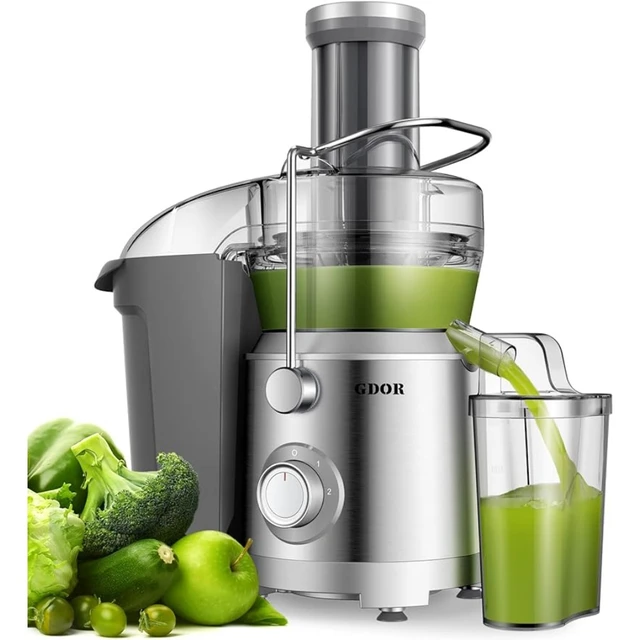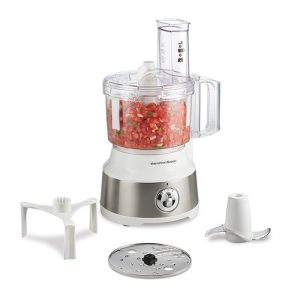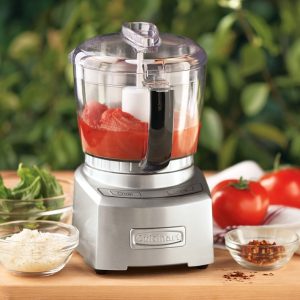
Introduction
Freshly squeezed orange juice is a popular beverage enjoyed by many for its refreshing taste and potential health benefits. With the rise in popularity of juicers, individuals can easily extract the juice from oranges in the comfort of their own homes. In this guide, we will explore the health benefits of consuming orange juice from a juicer, providing specific information on its nutritional value, potential health effects, and considerations for optimal consumption.

Is orange juice from a juicer good for you?
Nutritional Composition of Fresh Orange Juice
1.1. Vitamin C Content
Oranges are renowned for their high vitamin C content, and freshly squeezed orange juice is an excellent source of this essential nutrient. Vitamin C plays a vital role in supporting the immune system, promoting collagen production, and acting as an antioxidant in the body.
1.2. Other Vitamins
In addition to vitamin C, fresh orange juice contains various other vitamins, such as vitamin A, thiamin (B1), folate (B9), and potassium. These vitamins contribute to overall health and are vital for various bodily functions, including vision, energy metabolism, and proper heart function.
1.3. Dietary Fiber
While juicing removes the insoluble fiber found in whole oranges, freshly squeezed orange juice still contains some soluble fiber. This soluble fiber can help promote digestive health, regulate blood sugar levels, and contribute to a feeling of fullness.
1.4. Antioxidants
Oranges are rich in antioxidants, including flavonoids such as hesperidin and naringin. These antioxidants help neutralize harmful free radicals in the body, reducing oxidative stress and potentially benefiting overall health.

Potential Health Benefits
2.1. Immune System Support
The high vitamin C content in freshly squeezed orange juice contributes to the normal functioning of the immune system. Vitamin C helps enhance the body’s defense against infections and promotes the production of white blood cells, supporting overall immune health.
2.2. Antioxidant Protection
The antioxidants present in orange juice, such as flavonoids, help combat oxidative stress caused by free radicals in the body. By neutralizing these harmful molecules, orange juice may contribute to reducing the risk of chronic diseases such as heart disease and certain types of cancer.
2.3. Cardiovascular Health
Studies have suggested that regularly consuming orange juice may have a positive impact on cardiovascular health. The combination of antioxidants and potassium found in orange juice can potentially support healthy blood pressure levels and reduce the risk of heart disease.
2.4. Hydration and Electrolyte Balance
Orange juice is an excellent source of hydration, especially in hot weather or during physical activity. Its natural sugars provide quick energy, while the electrolytes it contains, such as potassium, help maintain proper fluid balance in the body.
2.5. Cognitive Function
Certain compounds present in orange juice, such as flavonoids, have been linked to potential improvements in cognitive function and memory. These effects may contribute to overall brain health and lower the risk of age-related cognitive decline.
Considerations for Optimal Consumption
3.1. Portion Size and Moderation
While fresh orange juice offers health benefits, it is essential to consume it in moderation and be mindful of portion sizes. The natural sugars in orange juice can contribute to calorie intake, and excessive consumption may lead to weight gain or blood sugar imbalances. If you need to produce orange juice in large quantities, you can use a commercial juicer.
3.2. Freshness and Storage
To gain the maximum health benefits from freshly squeezed orange juice, it is crucial to consume it soon after juicing. The nutritional value and overall quality of the juice may deteriorate with time. If storing for later consumption, refrigerate the juice in an airtight container to preserve freshness. Remember to clean and maintain your juicer after use as well.

3.3. Sugar Content and Dental Health
Oranges naturally contain fructose, a type of sugar. While consuming the fruit’s fiber along with the juice can help regulate blood sugar levels, it is important to be mindful of the sugar content in orange juice. To minimize the risk of dental problems, rinse the mouth with water after drinking orange juice.
3.4. Personalization and Dietary Needs
Every individual’s nutritional needs and dietary restrictions may vary. Consider personal factors such as allergies, food intolerances, and overall dietary goals when incorporating freshly squeezed orange juice into a diet. Consulting with a healthcare professional or registered dietitian can help determine the best approach.
Comparison to Store-Bought Orange Juice
4.1. Nutritional Differences
Freshly squeezed orange juice from a juicer typically contains more vitamins and antioxidants compared to commercially processed orange juice. Store-bought orange juice often undergoes pasteurization and may go through additional processing, such as vitamin enrichment or flavor adjustments.
4.2. Fiber Content
Freshly squeezed orange juice lacks the insoluble fiber present in whole oranges, which plays a crucial role in digestion. Commercially processed orange juice may contain added fiber or pulp to compensate for this nutrient loss. However, it is still lower in fiber compared to whole oranges.

4.3. Added Ingredients and Sugar
Store-bought orange juice may contain added sugars, preservatives, or other ingredients to extend shelf life, enhance flavor, or adjust acidity. Reading labeling carefully can help identify added ingredients and make informed choices based on personal preferences and dietary goals.
Acknowledging that there are potential health benefits to consuming freshly squeezed orange juice, it is important to note that it should not be considered a substitute for consuming whole fruits or a balanced diet. While orange juice can provide a concentrated dose of vitamins and antioxidants, it lacks the fiber content found in whole oranges, which is important for digestion and satiety.
Furthermore, it is worth mentioning that individual responses to orange juice can vary. Some individuals may experience digestive discomfort or adverse reactions due to the natural sugars or acidity in orange juice. It is advisable for those with specific health conditions, such as diabetes or gastrointestinal issues, to consult with a healthcare professional before incorporating orange juice into their diet.

Conclusion
Freshly squeezed orange juice from a juicer can provide a variety of health benefits due to its high vitamin C content, antioxidants, and other essential nutrients. Regular consumption may support immune health, provide antioxidant protection, promote cardiovascular well-being, and contribute to cognitive function. However, moderation, portion control, and awareness of sugar content are essential when incorporating orange juice into a balanced diet. While freshly squeezed orange juice offers distinct advantages compared to store-bought alternatives, personalized dietary needs, freshness, and considerations around fiber content should be taken into account. By enjoying freshly squeezed orange juice in moderation and adhering to personal dietary needs, individuals can harness the potential health benefits of this refreshing and nutritious beverage.





